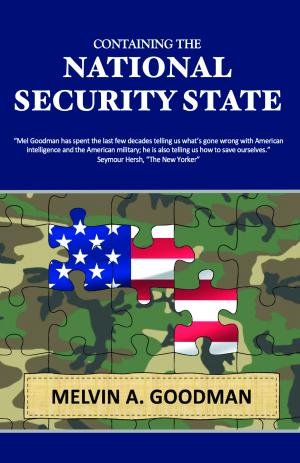Mad Dog Mattis and Trump’s “Seven Days in May”
President-elect Donald Trump probably never read Fletcher Knebel and Charles Bailey’s “Seven Days in May” in 1962 and never saw John Frankenheimer’s film version in 1964, which dealt with the threat of a military coup due to opposition to a nuclear disarmament treaty with the Soviet Union during the Cold War. President John F. Kennedy read the book after the Cuban missile crisis and found the scenario credible, probably because of the opposition and bizarre antics of Air Force Chief of Staff, General Curtis LeMay, during the crisis. Perhaps Donald Trump should become familiar with the book or the movie before he names one more retired general to his national security team.
Recent News and Latest Book
Iran and the US Say Enough, Will Israel Go Along?
The emphasis now should be on a cease fire in Gaza; release of the hostages; a surge of humanitarian assistance to Gaza; and talks with Iran that could lead to diplomatic recognition.
Spies and Their Lies: the Trials and Tribulations at Guantanamo
U.S. prosecutors have asked the Court of Military Commissions to reinstate the confessions, and the rest of this year will be taken up with this issue at the U.S. Court of Appeals for the District of Columbia. The new judge, Colonel Matthew Fitzgerald, is the fourth to preside in this case, and he was still in law school when the U.S.S. Cole was attacked and 9/11 took place.


